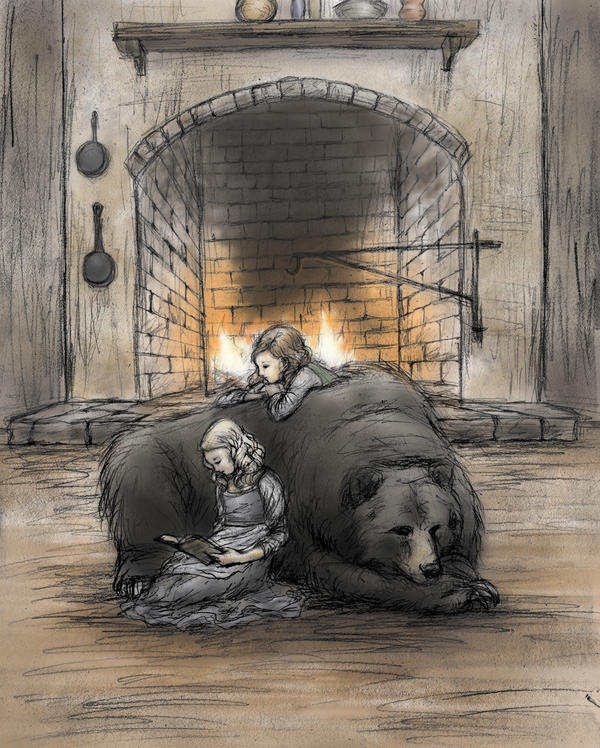 |
| Saint Thomas Becket, (21 Dec. c. 1118 (or 1120) -- 29 Dec. 1170. |
"This stark, 'cold turkey' separation, this radical embrace of a life of spiritual and physical simplicity, was undoubtedly challenging, overwhelming, and initially undesirable. ... But he denied, with prayer and fasting, this area of temptation in order to focus solely on the Source of the strength and grace that he knew would be necessary to remain faithful in such a perilous and controversial role. This Source was summoned and accepted upon the martyrdom of St. Thomas, when his executioners sought him out in the cloistered abbey where he lived in 1170. Taking his life in the abbey’s Cathedral, between the altars of Our Lady and St. Benedict, St. Thomas exclaimed to his executioners, 'For the name of Jesus and in defense of the Church I am willing to die.'"
St. Thomas' martyrdom has been the subject of numerous literary and film adaptions. One of the most famous is T.S. Eliot's verse drama titled Murder in the Cathedral. First performed in 1935, it was deeply influenced by the eyewitness account of the murder by Edward Grim, a clerk at Cambridge who authored a biography of St. Thomas published in 1180. Grim was visiting Canterbury Cathedral when Becket was attacked and attempted to protect the archbishop, but was seriously wounded in the attempt.
 |
| Snow White and Rose Red by ejbeachy from Deviantart |
Similar to the ancient Greek tragedies such as Sophocles' Oedipus Rex, a chorus comments on the events as the story progresses, serving as a link between the characters and the audience. I conclude with one of the final passages, a particularly compelling prayer in which the chorus becomes the audience, the common man. Likewise, may the prayer of the chorus become our prayer, especially on this St. Thomas' feast day.
"Forgive us, O Lord, we acknowledge ourselves as type of the common man,
Of the men and women who shut the door and sit by the fire;
Who fear the blessing of God, the loneliness of the night of God, the surrender required, the deprivation inflicted;
Who fear the injustice of men less than the justice of God…
…Lord, have mercy upon us.
Christ, have mercy upon us.
Lord, have mercy upon us.
Of the men and women who shut the door and sit by the fire;
Who fear the blessing of God, the loneliness of the night of God, the surrender required, the deprivation inflicted;
Who fear the injustice of men less than the justice of God…
…Lord, have mercy upon us.
Christ, have mercy upon us.
Lord, have mercy upon us.
Blessed Thomas, pray for us."
Sources cited:
http://www.wordonfire.org/resources/blog/st-thomas-beckets-path-to-winning-the-crown/1287/
No comments:
Post a Comment